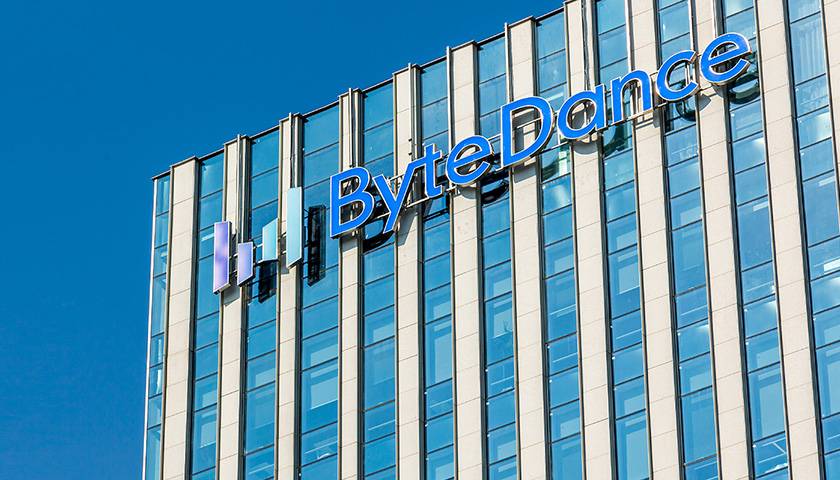by John Hugh DeMastri
ByteDance, the CCP-linked parent company of popular shortform video platform TikTok, is trying to enter the book publishing industry, The New York Times reported Saturday.
The company filed in late April for a U.S. trademark for a publishing firm, 8th Note Press, and has already begun reaching out to some independent authors for the rights to sell their books, the NYT reported. TikTok has helped some books become bestsellers in the past several years, posts using the #Booktok hashtag have been viewed more than 91 billion times and the combined sales of 100 authors with large BookTok followings eclipsed $760 million in 2022, a 60 percent surge from the year prior.
“To say it’s hugely important is an understatement at this point,” said Bess Braswell, senior publishing director at women’s fiction publisher Harlequin.
 While ByteDance has not been offering large advances to authors — advances viewed by the NYT were in the ballpark of a few thousand dollars, well short of the tens of thousands offered by larger publishers — it is also offering royalties and marketing services, the NYT reported. Colleen Hoover, one of the first authors to go viral on the platform, has sold more than 24 million copies.
While ByteDance has not been offering large advances to authors — advances viewed by the NYT were in the ballpark of a few thousand dollars, well short of the tens of thousands offered by larger publishers — it is also offering royalties and marketing services, the NYT reported. Colleen Hoover, one of the first authors to go viral on the platform, has sold more than 24 million copies.
Tricia O’Malley, a self-published best-selling romance author of roughly 40 books, turned down an offer from ByteDance, but told the NYT that it was tempting. She said the company told her it was interested in the fantasy and romance genres, and stories that were “wholesome, fun and sexy, but nothing too steamy or dark.”
Some authors, including Ella Fox, a self-published romance and ad consultant who runs TikTok campaigns for other authors, expressed concern that the company could use its algorithm to prioritize the books it preferred, the NYT reported.
ByteDance has been under scrutiny from the U.S. government, with the Biden administration in March warning the company to sell its stake in TikTok or face a potential ban. A former high-level ByteDance executive in a May lawsuit alleged that the company maintained a “Committee” that served as a “special office” of the Chinese Communist Party, which was able to “elevate or remove” content on the platform, according to Axios.
Tiktok on June 21 admitted, after pressure from U.S. lawmakers, that it stored sensitive data from some American content creators in China. An investigation by Forbes in late May found that TikTok had stored the Social Security numbers and tax information of thousands of creators and businesses on the platform.
– – –
John Hugh DeMastri is a reporter at Daily Caller News Foundation.
Photo “ByteDance” by ByteDance.




